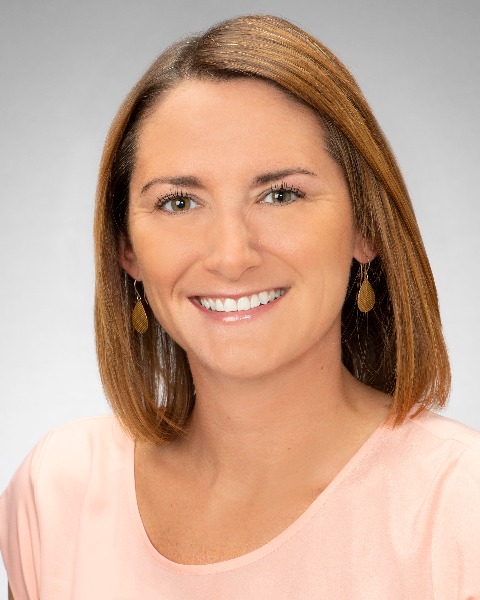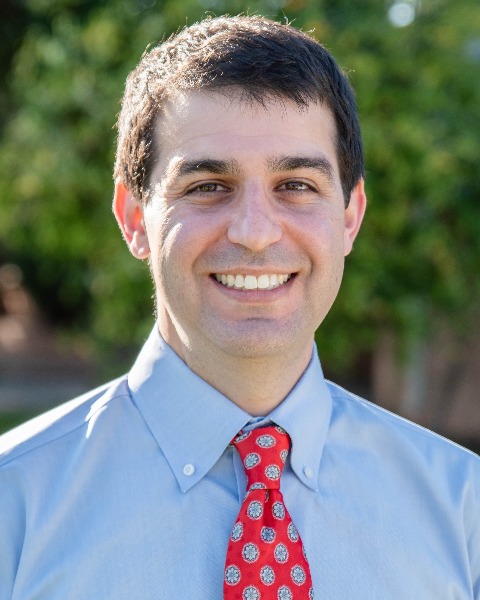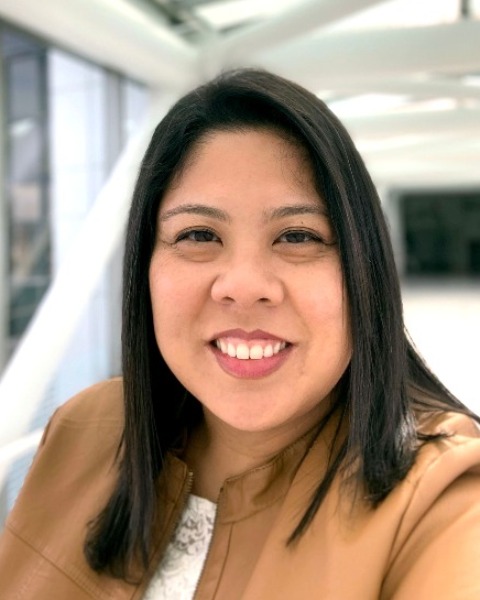Luncheon Roundtables
Technology Interventions in Obstetrics: From Development to Implementation
-

Alisse Hauspurg, MD
Department of Obstetrics, Gynecology and Reproductive Sciences, University of Pittsburgh School of Medicine
Pittsburgh, Pennsylvania, United States -

Adam Lewkowitz, MD, MPHS
Assistant Professor
Alpert Medical School of Brown University and Women & Infants Hospital of Rhode Island
Providence, Rhode Island, United States -

Melissa Wong, MD MHDS (she/her/hers)
Assistant Professor, Maternal-Fetal Medicine
Cedars-Sinai Medical Center
Los Angeles, California, United States
Roundtable Leader(s)
While technological interventions have begun to make inroads into every other aspect of our lives, their implementation into pregnancy and postpartum care has been less swift. Adoption is often limited by factors outside physician control including institutional priorities, budgetary constraints, and technical capabilities. The goal of this session is to review the experience of three different MFM clinicians working in different development environments to create programs to improve prenatal care using app technology, remote monitoring, and electronic health record based clinical decision support.
Dr. Lewkowitz will discuss development of two apps designed to improve perinatal outcomes for low-income women: one to improve rates of exclusive breastfeeding and another to prevent postpartum depression. His approach centered on a qualitative methodology, utilizing early and iterative co-development with data engineers, clinical subject matter experts, and centering the experience on patients. Dr. Hauspurg will present her implementation of a remote-blood pressure monitoring program at her institution. In addition, she will share the experience of converting a research program to a remote platform, specifically highlighting home blood sample collection and telehealth check-in visits. Dr. Wong will discuss her project to reduce racial disparities in aspirin utilization for preeclampsia risk reduction at her institution, first by proving the disparity using discrete fields in her electronic health record then by using natural language processing for ongoing monitoring. In addition, she will review step by step the creation, monitoring, and socialization of a clinical decision support alert in her electronic health record.
After this session, attendees will be equipped with practical tips and skills to be able to work with data engineers, analysts, and application specialists to create or implement technological interventions in their own programs and institutions.

.png)
